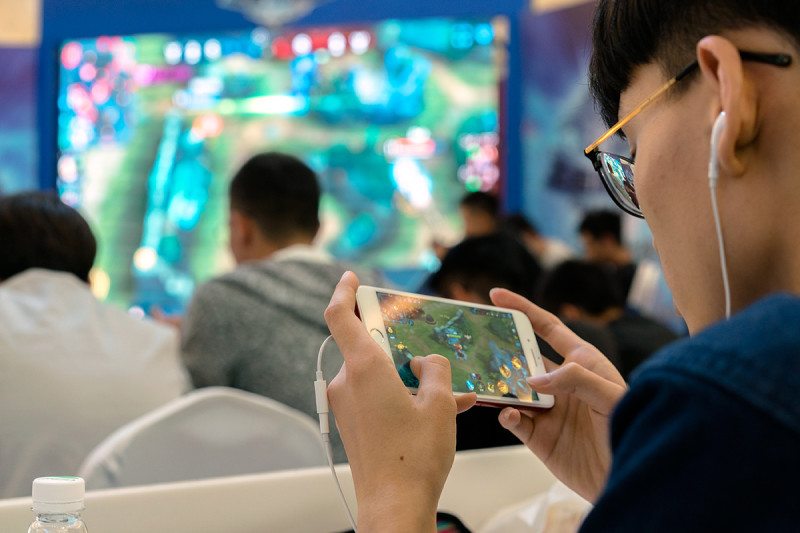

There may be no such thing as internet gaming addiction. People play excessively not because they are hooked on gaming itself, but because they feel unhappy about other areas of their life, according to a study that followed thousands of online gamers over six months.
Internet gaming disorder is referenced in the Diagnostic and Statistical Manual of Mental Disorders as a “condition of further study”, meaning the American Psychiatric Association thinks it warrants further research as a potential psychiatric condition.
The manual suggests that people suspected of suffering from gaming disorder must fulfil five or more criteria from a list of nine that include: lying about time spent gaming; jeopardising jobs, careers or education because of participation in gaming; and using gaming to relieve anxiety. They must also feel distress over their gaming habits for a – yet to be defined – period of time.
To investigate the potential prevalence of the disorder based on these criteria, Netta Weinstein at Cardiff University, UK, and her colleagues used a nationally representative sample informed by US census data to identify 2316 people over the age of 18 who regularly play games online.
Participants filled in a questionnaire covering aspects of their health, physical activity and lifestyle. At the start of the study, only nine participants met five or more criteria and experienced distress as a result of their gaming. However, none still met this criteria six months later and therefore weren’t diagnosed with addiction.
Three people matched four or more criteria at the beginning and end of the study. However, none felt ongoing distress over their gaming habits.
“We didn’t see a large number of people with clinical problems,” says Weinstein. “The study’s results suggest that it’s not clear how many resources should go to gaming addiction, compared to other addictions like drugs.”
Filling a hole
Further analysis by the team showed that people who displayed some of the proposed symptoms of gaming addiction had lower “needs fulfilment”, meaning they were unhappy in other areas of life, such as relationships or their career.
This suggests that gaming might be a displacement activity for people in an unhappy situation, rather than an addiction, says Weinstein.
Six months later, the symptoms of gaming disorder were reduced in those who had become more content since the first questionnaire. “This is initial evidence that having more needs fulfilment in life can make people feel better about their gaming,” says Weinstein.
Treatment for game addiction includes scrutinising life outside gaming, says Kimberly Young, a clinical psychologist who specialises in internet addiction. “Addicted players need to examine the emotional motives that prompt them to play a game excessively and look for alternate ways to satisfy those needs,” she says.
Gaming addiction is a real problem that deserves recognition, says Daria Kuss, a cyber-psychology researcher at Nottingham Trent University, UK.
Using questionnaires to study addiction can be misleading as people tend to under-report bad behaviour, says Kuss. “If someone uses gaming to meet basic psychological needs, this could become a problem if they are not able to satisfy these needs in real life,” she says. “But to confirm this, we need clinical samples of people who are being treated for addiction in centres.”
[“Source-newscientist”]

